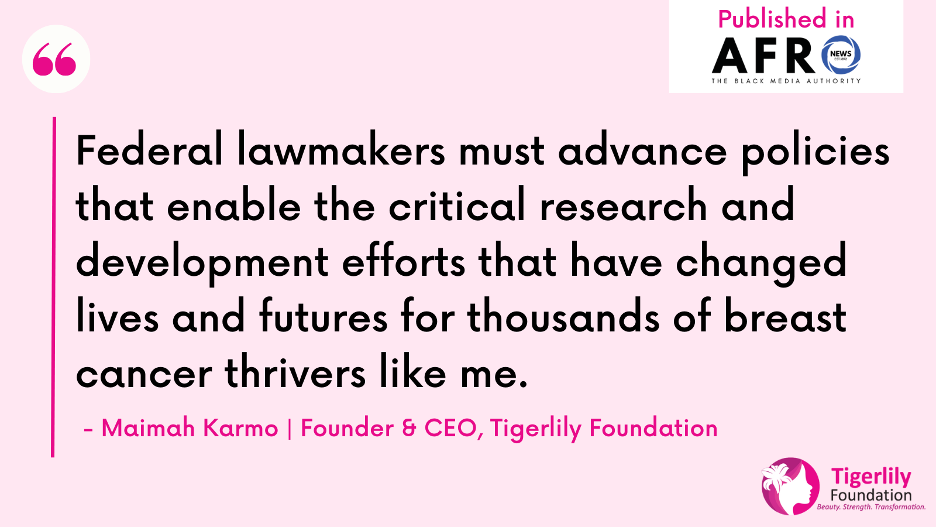Inflation Reduction Act (IRA) Issues
The Inflation Reduction Act’s (IRA) Medicare Drug Price Negotiation Program (MDPNP) is a complex subject, and important for patients to understand. This program aims to lower the cost of medicines, particularly for patients dealing with serious illnesses like cancer. But here’s the catch – despite good intentions, it could end up hindering patient access to crucial treatments.
Developing new drugs requires a significant investment of time and money. If the government steps in to control drug prices, research indicates that the development of new drugs in the future would be stifled. Continued investment in and development of new treatments it crucial to our forward progress in cancer care. This is problematic because it would mean fewer options for patients battling diseases like cancer.
Over the last 20 years, there has been more than $179 billion invested in health equity in the U.S. Drug price setting in its current form could reverse decades of progress and billions of dollars of investments, irreparably reversing the work of individuals, patients, advocacy groups, scientists, researchers and other stakeholders. Communities of color and other historically under-supported populations need policies that advance, not hinder the progress we’ve already made against cancer.
Essentially, the IRA would limit the choices available to patients, hitting harder on communities already facing health disparities, such as Black Americans. But the challenges don’t stop there. Even getting hold of existing drugs can be tough. These policies create additional barriers to treatment and care such as accessing small molecule drugs meant to treat conditions like cancer, HIV and the Hepatitis C Virus.
Sometimes, insurance plans make it challenging for patients to afford their treatments, or there are practices that drive up costs. While lawmakers are trying to tackle some of these issues, simply controlling prices might not be the most effective solution.
Prior to the IRA, Medicare Part D, the prescription drug plan, had a strict rule against Medicare negotiating drug prices directly with pharmaceutical companies. Instead, individual Medicare Part D plans were allowed to negotiate, but not Medicare as a whole. Starting in 2026, Medicare will begin to negotiate prices for 10 of the most expensive drugs covered by Medicare. This negotiation capacity increases over time, with 15 additional drugs being negotiated in 2027, another 15 in 2028, and finally, 20 more in 2029.The Centers for Medicare and Medicaid Services (CMS) has until September 2023 to select the drugs. It is imperative that these negotiations include the patient voice and our real-world experiences and potential barriers. Furthermore, it is imperative that we engage in this from the beginning with the first ten drugs being negotiated even if these drugs do not include any current drugs our community is using for breast cancer treatment because as these continue, the same format will be used for the next 15 drugs, then the next set of 15, then the final 20 drugs by 2029.
Tigerlily is committed to continuing discussions, collaborations and policies to determine how we all can win – lowering drug prices so that patients can afford them, while at the same time, ensuring that investments can be made to ensure research and development efforts continue so we bring new medications to patients. At the end of the day, if patients don’t have the right medications available for their bodies, they die, affordable or not. Treatment advancements and access need to go hand-in-hand.

Tigerlily Foundation’s President and CEO, Maimah Karmo’s recent op-ed is featured in Afronews which explains how critical it is for lawmakers to advance policies that enable research and development for innovative treatments in the face of the IRA. Read more: https://bit.ly/tigerlilyafro
